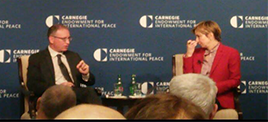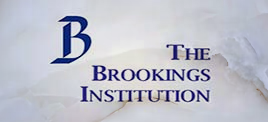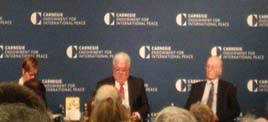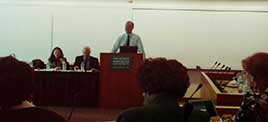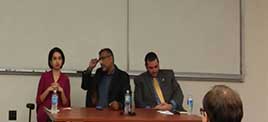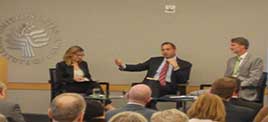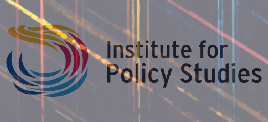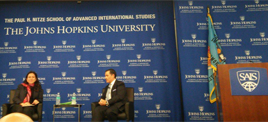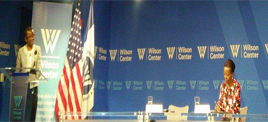On the New Arab Wars: Uprisings and Anarchy in the Middle East.
The Shirazi Foundation attended an event hosted by the Carnegie Endowment for International Peace, titled On the New Arab Wars: Uprisings and Anarchy in the Middle East. Experts took a close look at the Middle East and the way in has evolved after 2011, and whether it is a failure or not because of the lack of stability in the region. The current policy in place is a gamble to work with the region the way it is until it stabilizes which experts believes will not work. Experts mentioned that the current administration failed at making it a priority to do more in preventing conflicts in the region. Experts examined which is the best way forward in certain parts of the Middle East, is it best to build a sound constitution first or support elections. Experts believe that long-term low prices in the oil market will affect the economy deeply in the region and cause a rippling effect over time.


